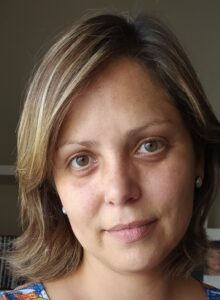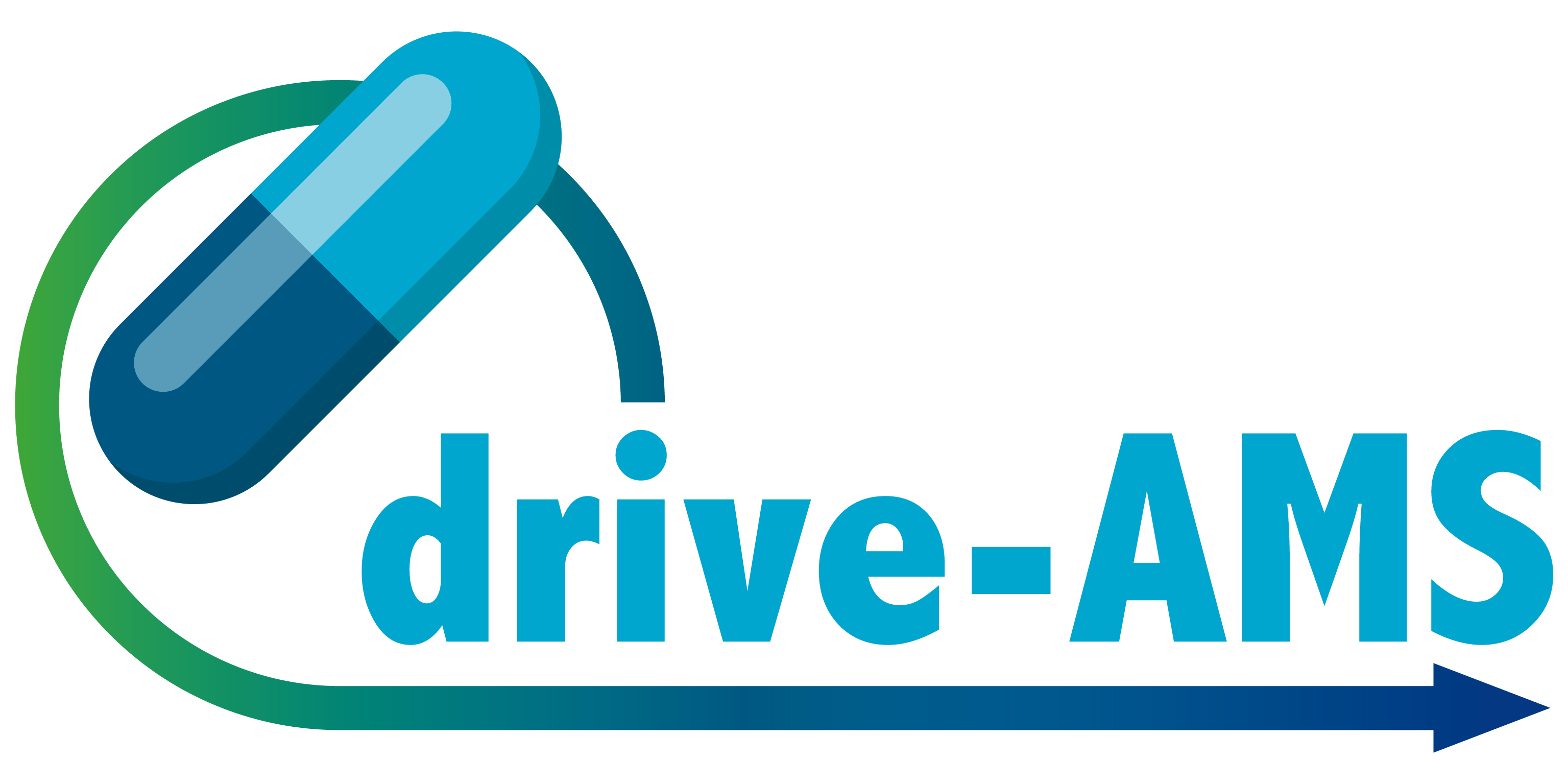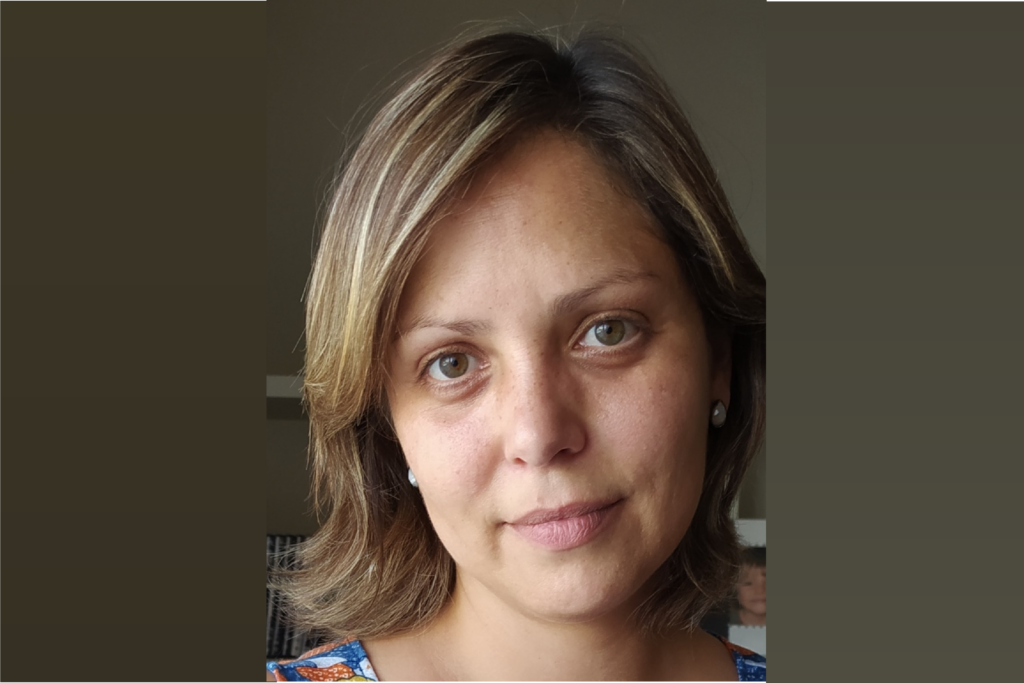Can you introduce yourself and your role within the drive-AMS project in Portugal?
I’ve been a clinical and health psychologist since 2003. I started my career in an infectious disease hospital where I worked with HIV AIDS patients. I decided to get a PhD with a focus on treatment adherence and psychological variables associated with behavioural change. Since 2021, I’ve been working in the psychology department at the São João University Hospital. I have a special interest in intensive care medicine, where we pay attention to both the support we can provide to the patient as well as the family when they are dealing with difficult events. In addition, I work in the psychiatry department with patients above 18 with eating disorders.
My role within drive-AMS is to help improve stewardship and help the team to better understand behavioural change. This includes identifying the determinants of change and the solution to mitigate these determinants. One important aspect to consider is the state of education of the team because it should be seen as a prerequisite, a first step that initiates the process. We need to work as a combined team to achieve the common goal of correcting antibiotic prescription use.
Can you give a short explanation of behavioural change?
Behavioural change is complex, that’s why it’s not always easy to implement. It requires a person to disrupt their current habit and foster a new one. As behavioural change psychologists we try to aid interrupting habits and teaching the person a new one. It’s fundamental to approach behavioural change as a process, it’s not a static habit. Time, reflection, motivation and consistency are essential.
What convinced you to take up this role?
When Professor José-Artur Paiva assumed the coordination of the process, he recognised the importance of psychology and social science in connection to behavioural change. He spoke with the Director of Psychology of the hospital, who presented this challenge to me and I was immediately interested. I saw the importance of the role and the opportunity to bring this specific knowledge to the drive-AMS team.
Do you already have an idea how you can implement behavioural change for healthcare professionals in regards to AMS?
I definitely noticed throughout the Portugal in-country course that clearly defining the problem is already a very important first step. Also understanding how to measure the problem will help to simplify the process. During the 3-day training, we identified four challenges, two of which had already been responded to. The faculty members promoted some good indicators of change and were trying to tackle the two other challenges, for example the switch from iv-antibiotics to oral antibiotics.
In the months to come, I’m planning on actively working with the stewardship team from São João University Hospital and motivate the participants from the other hospitals to get psychologists on their teams as well. Within my team, I will work together with them to identify our determinants for behavioural change, monitor the results for improvement and regularly remeasure. I will try to guide them to solve one problem at a time and go through all of the necessary phases.
 About Ana
About Ana
In 2007, Ana Reis graduated with a Master in Psychology and Health from the Faculty of Psychology and Educational Sciences at the University of Porto, and got her PhD in 2013. She is a member of the Order of Portuguese Psychologists and a recognised specialist in Clinical and Health Psychology. Ana is trained in crisis intervention, certified by the International Incident Stress Foundation (ICISF – USA), cognitive-narrative therapy in grief & trauma and compassion-focused therapy. In addition, she is a supervisor of professional internships for admission to the Order of Portuguese Psychologists. Currently, Ana is a clinical and health psychologist at the Psychology Service of Centro Hospitalar Universitário São João.

